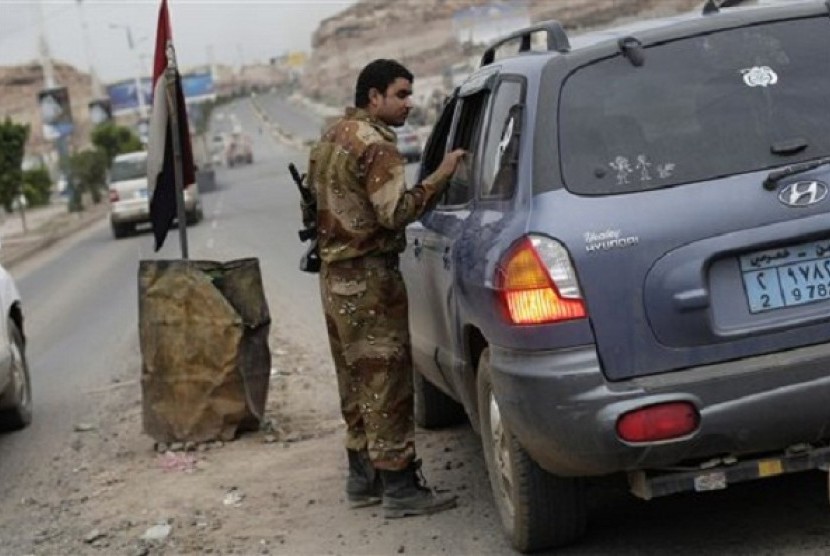REPUBLIKA.CO.ID, SANAA -- Yemen's president is expected to appoint a new prime minister within 48 hours under a new deal with Shiite rebels in return for ending their weeks-long protests, a source close to the presidency said Thursday.
"An accord was reached... late on Wednesday" to end the country's latest political impasse, by which "a new prime minister will be named within 48 hours" and fuel prices will be further cut, the source said.
President Abdrabuh Mansur Hadi already promised in an initiative rejected by the Huthis earlier this month to name a new prime minister.
The rebels had been demanding Hadi to consult them before naming a new prime minister and it was unclear if this has been agreed on in the overnight accord.
In return, the rebels have agreed to "dismantle their protest camps and pull their armed men" from Sanaa and its surroundings, the presidency source added.
Shiite Huthi activists launched their protest campaign in late July after the government announced a hike in fuel prices.
Based on the latest agreement, the increase will be reviewed down by over 50 percent, up from the 30 percent decrease on the rise which took effect last week.
Since August 18, the rebels set up camps in Sanaa and this week they escalated their movement.
They clashed with police on Sunday after they closed down the main road leading to Sanaa airport as well as the ministries of electricity and telecommunications.
On Monday, hundreds tried to storm the government headquarters, sparking clashes with police.
They had also prevented government vehicles from entering or leaving the capital.
At least nine Shiite Huthi protesters were killed the Sanaa clashes that also left a paramedic dead.
The Huthis have been battling loyalist forces for months for control of key cities north of Sanaa.
The International Crisis Group warned Monday that "Yemen's troubled transition is at a crossroads more dangerous than any since 2011."
Unless an "inclusive settlement" based on Hadi's initiative is reached, the "alternative is a conflict," it said.
Sunni-majority Yemen has been locked in a protracted transition since long-time president Ali Abdullah Saleh was forced from power in February 2012 after a deadly 11-month uprising.
Analysts say the rebels are trying to establish themselves as the top political force in the northern highlands, where Shiites are the majority.


